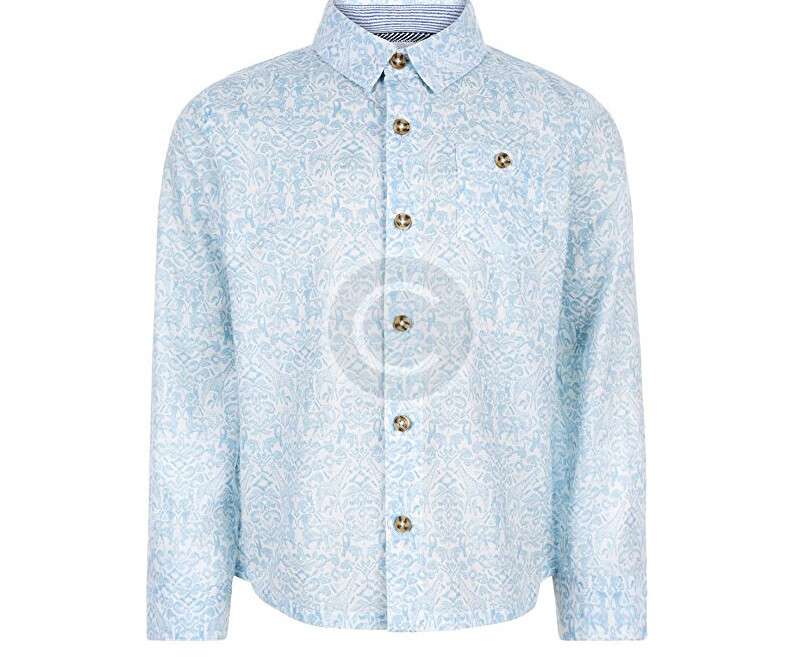European and African Roles
What roles did Europeans and Africans play in the development of the Atlantic slave trade?
The Atlantic slave trade (16th–19th centuries) was a complex system involving both European and African participants, each playing distinct roles in its development and expansion.
1. European Role: Organizing and Expanding the Trade
- Initiators and Financiers: European nations (Portugal, Spain, Britain, France, and the Netherlands) established the transatlantic trade to supply labor for plantations in the Americas.
- Slave Ship Operations: European traders built slave forts (e.g., Elmina in Ghana, Gorée Island in Senegal) and financed voyages to transport enslaved Africans.
- Demand for Labor: The growth of sugar, tobacco, and cotton plantations in the Caribbean, South America, and North America drove demand for enslaved labor.
- Middle Passage: Europeans oversaw the brutal transport of millions of Africans across the Atlantic, with high mortality rates due to disease, abuse, and starvation…
The Atlantic slave trade (16th–19th centuries) was a complex system involving both European and African participants, each playing distinct roles in its development and expansion.
1. European Role: Organizing and Expanding the Trade
- Initiators and Financiers: European nations (Portugal, Spain, Britain, France, and the Netherlands) established the transatlantic trade to supply labor for plantations in the Americas.
- Slave Ship Operations: European traders built slave forts (e.g., Elmina in Ghana, Gorée Island in Senegal) and financed voyages to transport enslaved Africans.
- Demand for Labor: The growth of sugar, tobacco, and cotton plantations in the Caribbean, South America, and North America drove demand for enslaved labor.
- Middle Passage: Europeans oversaw the brutal transport of millions of Africans across the Atlantic, with high mortality rates due to disease, abuse, and starvation…
The Atlantic slave trade (16th–19th centuries) was a complex system involving both European and African participants, each playing distinct roles in its development and expansion.
1. European Role: Organizing and Expanding the Trade
- Initiators and Financiers: European nations (Portugal, Spain, Britain, France, and the Netherlands) established the transatlantic trade to supply labor for plantations in the Americas.
- Slave Ship Operations: European traders built slave forts (e.g., Elmina in Ghana, Gorée Island in Senegal) and financed voyages to transport enslaved Africans.
- Demand for Labor: The growth of sugar, tobacco, and cotton plantations in the Caribbean, South America, and North America drove demand for enslaved labor.



